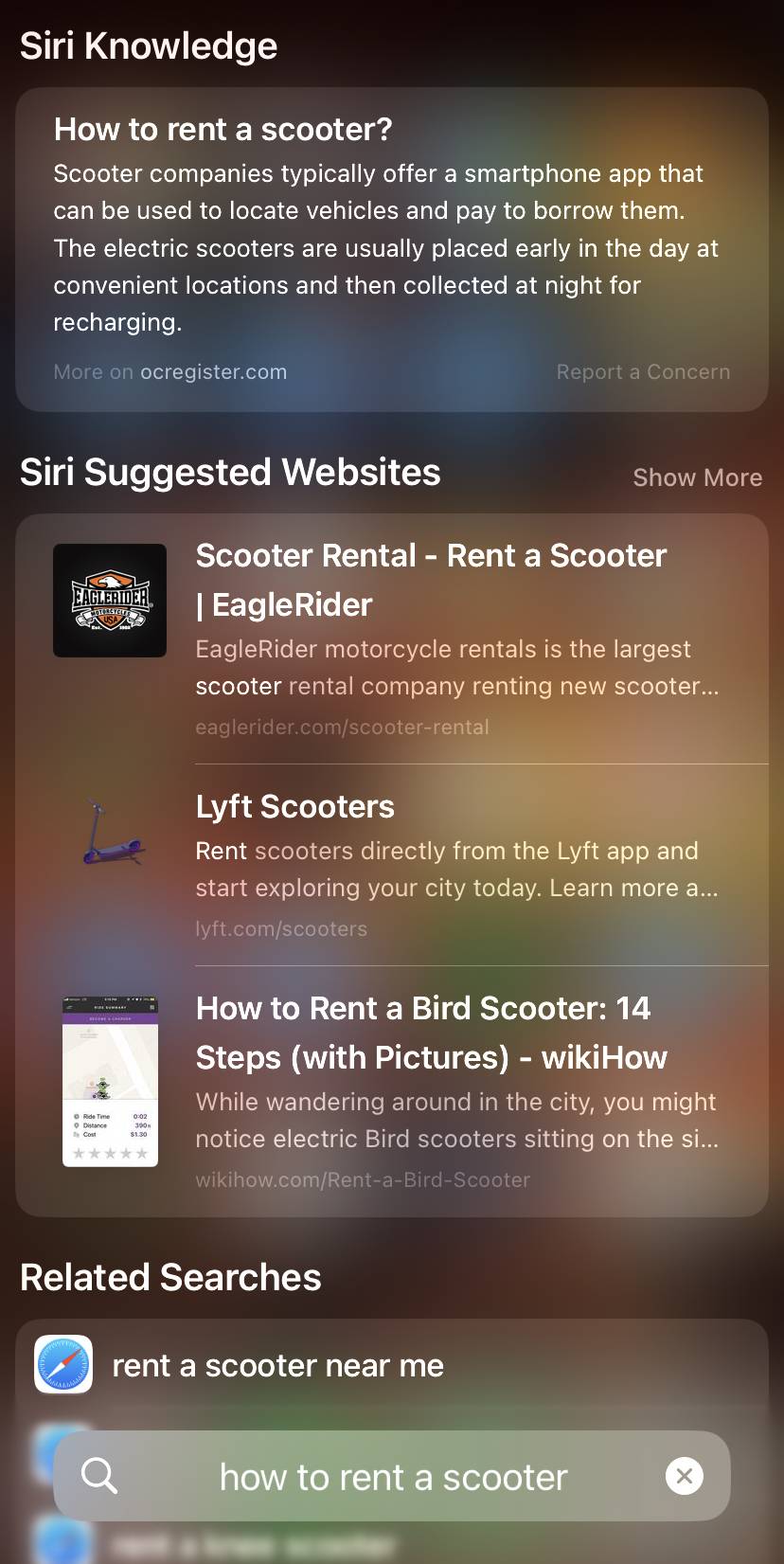Local Memo: Google Search Labs Experiment to Bring Live Leads to Auto Shops & Nail Salons
Local Memo: Microsoft Investing Billions in ChatGPT

Local Memo: Microsoft Investing Billions in ChatGPT
In this week’s update, learn about Microsoft’s investment in ChatGPT; how AI helps Facebook boost usage; Apple’s search engine; the rise of influencer marketing; Google’s expanded vehicle listings; and a new DOJ lawsuit against Google.Microsoft Investing Billions in ChatGPT
Microsoft has confirmed that the company is investing billions of dollars over the next several years in OpenAI, the creator of AI chatbot tool ChatGPT. Microsoft was already a significant investor in OpenAI, and plans to utilize the additional investment to help bring AI to its suite of products. In a statement, OpenAI said the investment would “develop AI that is increasingly safe, useful, and powerful.” The move positions Microsoft as an early leader in the development of new applications for AI. Along with future plans that may include AI functionality in tools like Word and PowerPoint, Microsoft plans in the near term to add ChatGPT to its Azure cloud platform, making the chatbot accessible to thousands of developers who run Azure projects. Microsoft predicts that AI will form “the next major wave” in computing,AI Helps Facebook Boost Usage and Relevance
Facebook usage is up worldwide as of Q4 2022, according to internal company data that was made available to the Wall Street Journal. Data suggests that usage has increased over the course of the past year, driven by the success of short-form video, with Reels consumption up 20% during the period. The results appear to be attributable to Facebook’s use of AI to improve the relevance of content shown to users, an approach that has boosted audiences for both Reels and Facebook Ads. As for ads, ad marketers are increasingly placing full trust in Facebook’s AI-based ad targeting technology, rather than configuring campaigns on their own. AI ad targeting is also better for privacy, since it places less reliance on user data. Meta’s data shows that although time spent on Facebook is up, creation of new content and engagement are down on both Facebook and Instagram — suggesting that users are spending more time consuming content than before, and less time contributing.How Apple Search Works
Tom Anthony reminds us that, for all the rumors circulating for years about Apple’s plans to launch a search engine, the company in fact already has one. Back in 2020 with the launch of iOS 14, Apple replaced the web search results in federated search on iPhone with its own search index, taking Google out of the equation for that one aspect of the Apple search experience. Apple has even published a help page that explains how its Applebot web crawler works and details some of the ranking factors in Apple’s search algorithm. These include links as well as performance metrics that resemble Core Web Vitals. Anthony notes that Apple may be creating a much different approach to search than that of Google. Federated search can tap into all the apps on your phone; and with Apple’s support of AppClips, search results can include abbreviated bits of functionality from various apps that allow users to take quick actions, such as paying for a scooter rental. Search for Apple is natively mobile, and can make use of the broader ecosystem of the phone in a way that Google can’t. Anthony also believes that Apple has the potential to do far more with personalization in search, since all user information remains on the device and is not shared to the cloud, thereby ensuring privacy. Search results could therefore include personal records like text messages, Notes app content, and the like.
Federated search in iOS 16
64% of Marketers Will Increase Spending on Influencers
A majority of brand marketers, 64%, say they will spend more on influencer marketing in 2023 than they’ve done in the past, according to a report from Open Influence. Some 13% of brands now dedicate at least $1 million of their marketing budgets to influencers, though 29% say it’s still a challenge to convince upper management that the investment is worth it. Most marketers (81%) prefer to outsource their influencer marketing efforts. Instagram is the most used platform for influencer marketing, followed by Facebook and TikTok in that order. Short-form video is the most popular format, followed by images and long-form video. Most marketers (77%) prefer to run paid social campaigns alongside their influencer efforts, in part because many (60%) find it challenging to measure the success of influencer campaigns on their own.
Courtesy Open Influence / Business of Apps
Google Expands Motor Vehicle Inventory Feature in GBP
Car dealerships in the U.S. have been able to add new and used inventory to their Google Business Profiles for a while now. Google has recently updated the feature to make it available to dealers of all kinds of motor vehicles, such as RVs, motorcycles, and commercial vehicles. Vehicle listings display in public Google Business Profiles and offer much more detailed information than typical product listings, including mileage, condition, additional features, and several other options. Currently the availability of expanded vehicle listings is limited to U.S. businesses.
Courtesy Search Engine Roundtable
DOJ Files Suit Against Google
The U.S. Department of Justice has filed a new lawsuit against Google, alleging that the company has engaged in monopolistic practices in running its ad platform. This suit follows another, filed two years ago, where the DOJ claimed that Google was violating antitrust laws in its search and search advertising business. The common thread in both lawsuits is the claim that Google is driving out competitors and should be forced to divest the entities that permit it to compete unfairly — in this case Google’s Ad Manager suite. As in the prior lawsuit, the DOJ is joined by numerous state attorney generals. Google has been subject to numerous lawsuits and investigations in the U.S. and abroad in relation to alleged anticompetitive practices, and has been subject to billions of dollars in fines from the European Union. Google has denied the allegations in the latest lawsuit.Subscribe to Local Memo!
Signup to receive Local memo updates and the latest on localized marketing, delivered weekly to your inbox.




